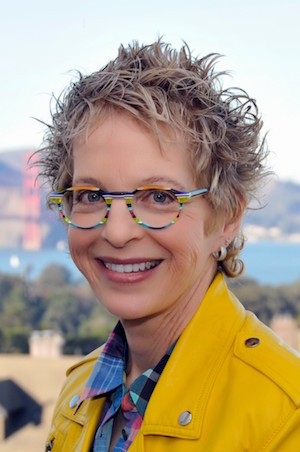Episode 118: A Year for Women?
/“I think changes will be tectonic. We’ve had another movement of a tectonic plate and things are going to settle out and we’ll say, OK, where are we here? ”
“I think what might happen is two to three years of hard conversations and unpleasant dynamics. But you need to get that out of the way. ”
Nastaran Tavakoli-Far
Anne Libby
Will 2018 be a good year for women at work? After the explosive, high-profile revelations of workplace harassment that snowballed towards the end of 2017, a lot of us are excited about this year. We're hopeful that the momentum created by the #MeToo movement can lead to fairer workplaces with less harassment and more equal pay. But are we naive?
My guests are US-based Anne Libby, consultant and coach on all things management, and Nastaran Tavakoli-Far, or Nas, who lives and works in London and hosts The Gender Knot podcast. Each talks about her hopes and fears for the year ahead.
You can also read a transcript of the show.
Further reading/listening:
You can sign up for Anne Libby's monthly newsletter On Management here.
You can check out The Gender Knot on iTunes and on the show's website.
This is the letter former BBC China editor Carrie Gracie wrote to the BBC audience, explaining her decision to leave her post in China and return to the UK. She found she was vastly underpaid compared to two male foreign editors, and that the BBC would not consent to pay everyone equally.











